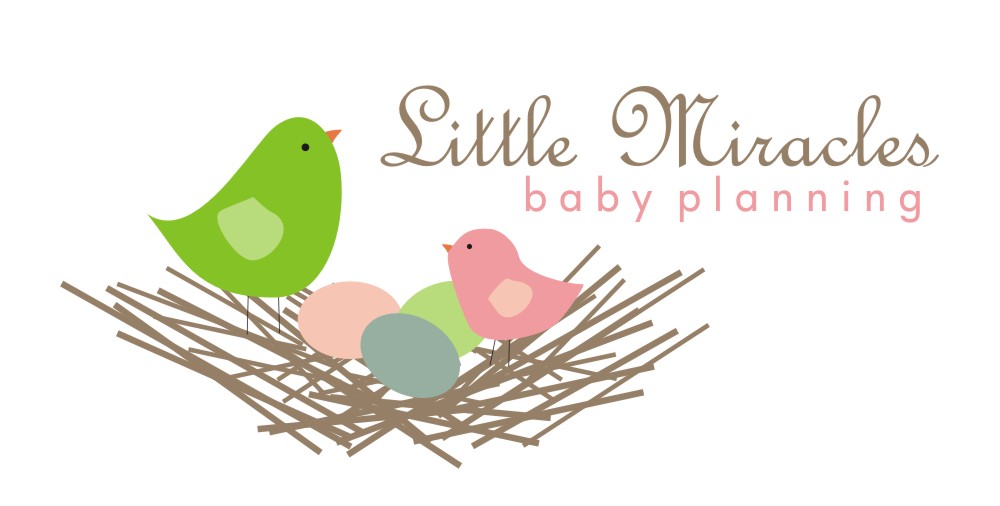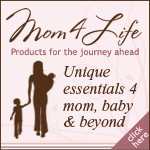
Most of us don’t have an unlimited budget to buy organic foods. While some prices on organic products have come down, for a variety of reasons, organics still command a premium price. This is one of the reasons we decided to grow our own organic vegetable garden last year, and why we’ll do it again this summer. I’ve written before about where to find coupons on organic products. Recently, I’ve learned that Mambo Sprouts is a good place to try, too.
But, for day to day shopping, when you want to avoid as many pesticides and growth hormones and antibiotics as you can, where can you get the safest food for your dollar? Based on my own research, not scientific fact, the list below is where I’ve decided to concentrate my own organic dollars. I hope it’s helpful to some of you.
Produce
For produce, I stick with the Environmental Working Group’s Shopper’s Guide to Pesticides in Produce. They list the “Dirty Dozen” and suggest buying these organic:- Peaches
- Apples
- Sweet Bell Peppers
- Celery
- Nectarines
- Strawberries
- Cherries
- Kale
- Lettuce
- Grapes (Imported)
- Carrots
- Pears
Meat
I’ll say upfront that I don’t skimp on meat. If that means I have to buy less of it, or bulk up meat-based meals with beans or other ingredients, I will. I believe it’s best to know where your meat comes from. If you can buy it locally, from a farmer in your area, all the better. The easiest way to locate sources is through farmers markets and visiting localharvest.org to find local farms and CSAs.Chicken
I buy organic, free-range chicken which means that the feed the chickens eat is free from pesticides and the chickens themselves are given no antibiotics. Farmers are not allowed to give chickens growth hormones, so while some packaging claims “hormone-free” chicken, that really is a given. I buy organic eggs for the same reasons.
Beef
Aside from the animal cruelty associated with CAFOs (watch Food, Inc. for more information), and the negative environmental impacts they create, I’m extremely concerned about the hormones and antibiotics given to cows and then eaten by us.
I buy only grass-fed/grass-finished beef that is hormone and antibiotic free. I used to watch for it to go on sale in the store, or cook beef less often to help with the budget. This year, we bought a bulk order of grass-fed beef from a local farm which really saved us a lot of money.
Milk
We drink cow’s milk and just like the beef from cows, milk is loaded with hormones and antibiotics. To avoid these, I buy only organic milk and dairy products. This is one that’s very important to me.
Canned Goods
I’m working to avoid these whenever possible. Soon I’ll be writing about BPA and why it’s a problem, but for now, be aware that nearly all cans are lined with it and it’s not good for you. The worst product to buy in cans, because of their acidity, is tomatoes. Unfortunately, there are few alternatives. Some companies (Trader Joe’s, for one) are starting to sell tomato products in Tetra Paks, which are a safe alternative, but they can be difficult to find.One benefit of buying fewer canned goods is that alternatives can be less expensive. I buy many of our vegetables frozen if I can’t find them fresh. I stock up when there are sales and use coupons when I can. We also eat a lot of beans and there’s almost nothing less expensive than dried beans. It just takes a little bit more planning on my part to remember to soak the beans the night before I want to cook them.
It’s a work in progress, though. As was evident in the photos of my pantry, I do have quite a few canned goods (even tomatoes). But as I’ve become more aware of BPA, I’m slowly but surely working to reduce the number of foods we eat from cans.
To wrap up, in a nifty little list, here are the things I focus on buying organic. I buy other things that are organic when I can, but I rarely compromise on these. It’s worth it to me to sacrifice some things in order to feel better about what we put in our bodies. For us, cutting back on sugary soft drinks and expensive packaged foods has left more room in our budget for organics.
Buy These Organic
- Peaches
- Apples
- Sweet Bell Peppers
- Celery
- Nectarines
- Strawberries
- Cherries
- Kale
- Lettuce
- Grapes (Imported)
- Carrots
- Pears
- Milk & Dairy products
- Meat (Chicken, Beef, Poultry)
- Eggs
- Canned goods (best if organic, but try to avoid canned goods altogether — buy frozen or dried)
Photo Credit: jekrub

.png)




1 comment:
Abby, I would be interested to see a weekly meal plan for your family. I make all our meals from 'scratch' (meaning nothing like Mac n' Cheese from a box), but I still use a fair amount of canned and packaged goods. Just curious...
Post a Comment